4. Will this actually work for my specific condition, or is it just “mind over matter”?
These aren’t vague suggestions—they’re evidence-based programs tested in real studies. For example, people with IBS saw a 69% drop in symptoms, and those using the anxiety protocol reported significant relief in stressful scenarios. While the mind does play a big role, these results are measured, peer-reviewed, and repeatable. Think of it as giving your brain the same kind of nudge a real drug would—only without the chemicals.



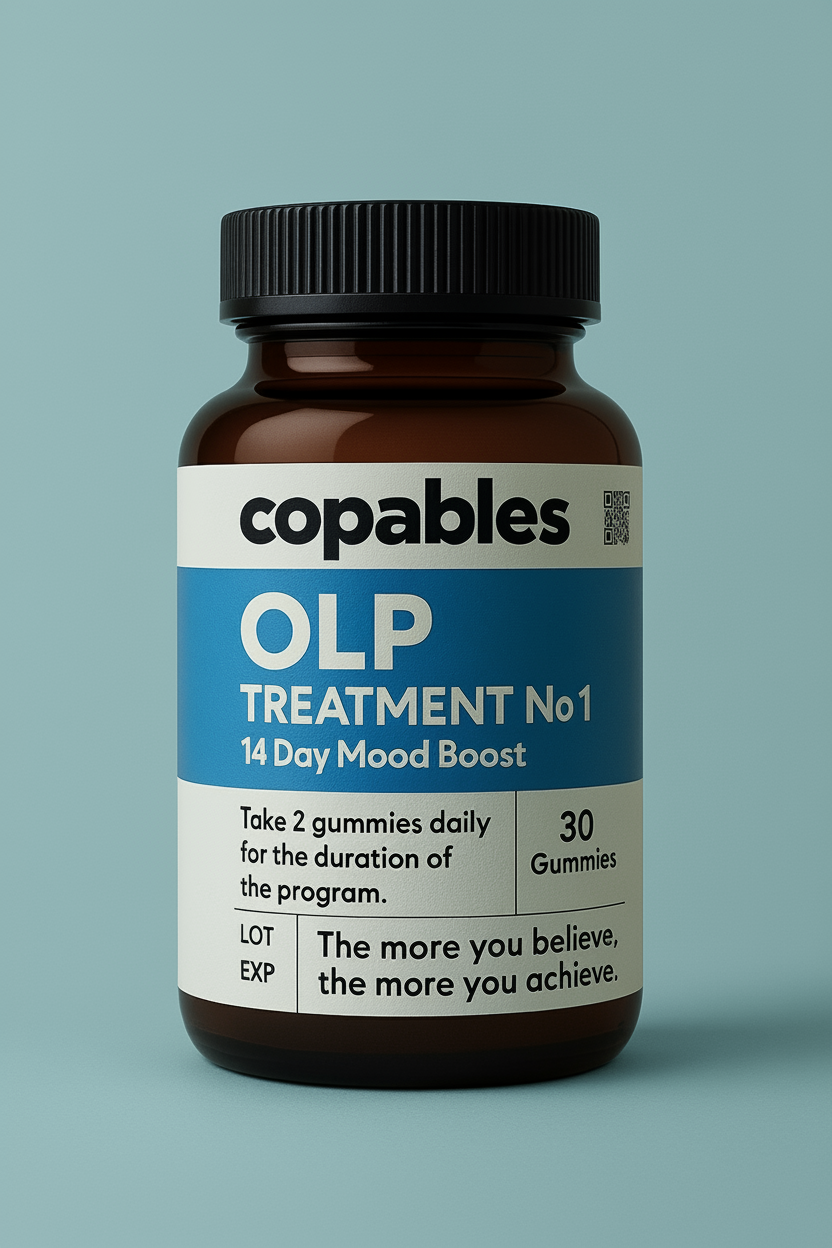
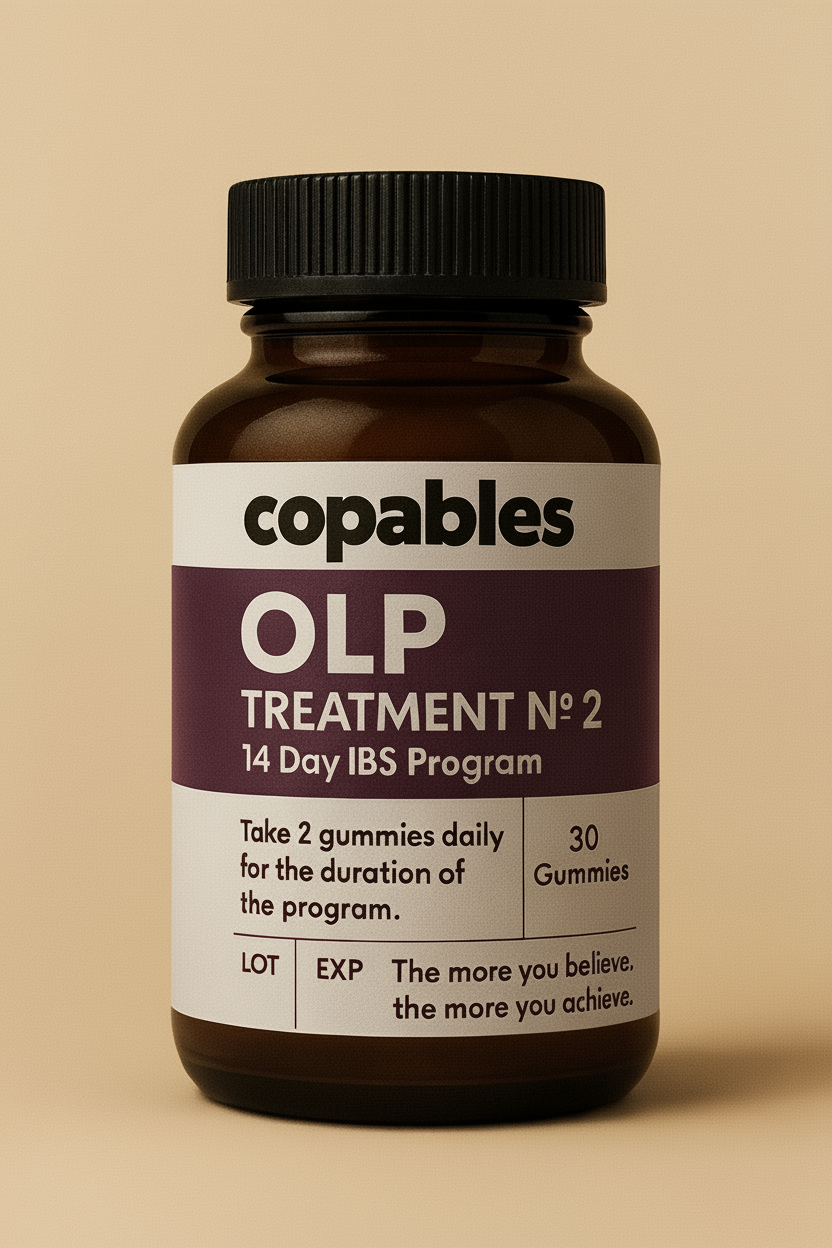

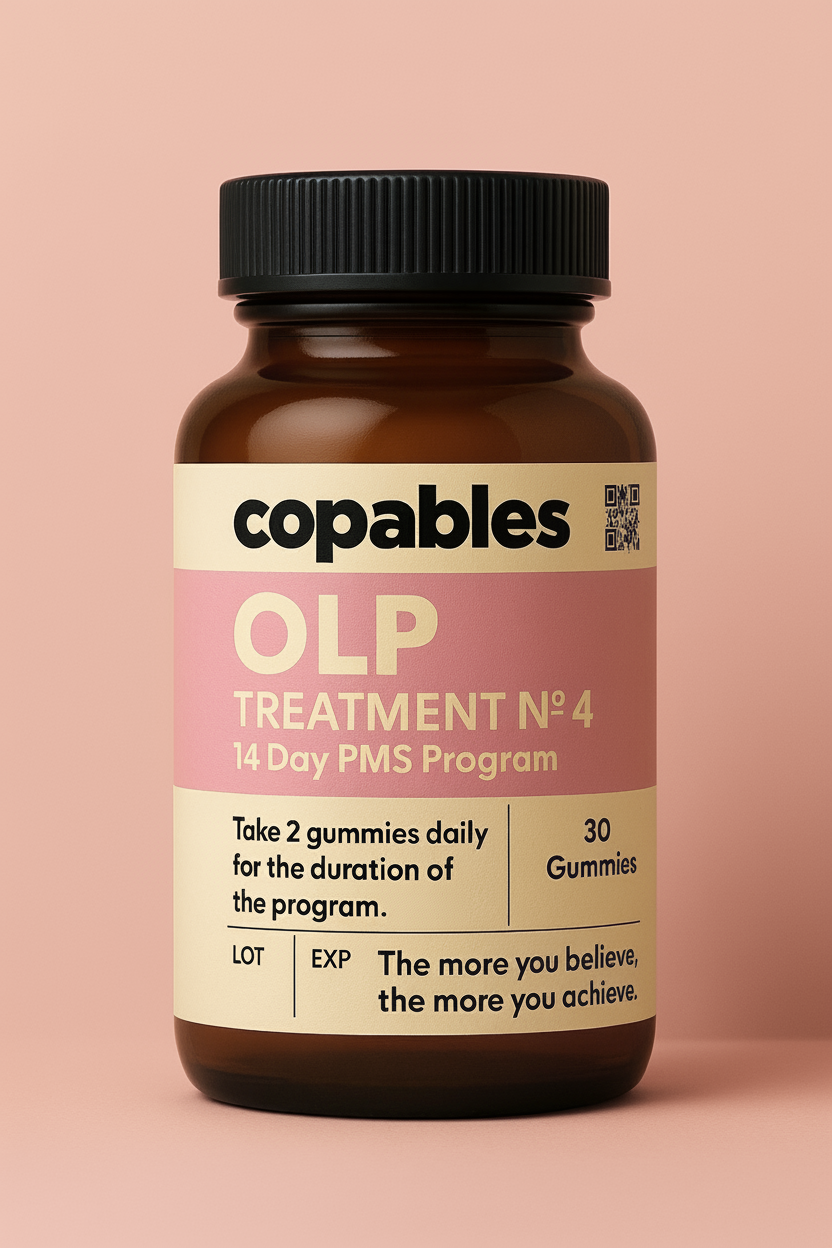

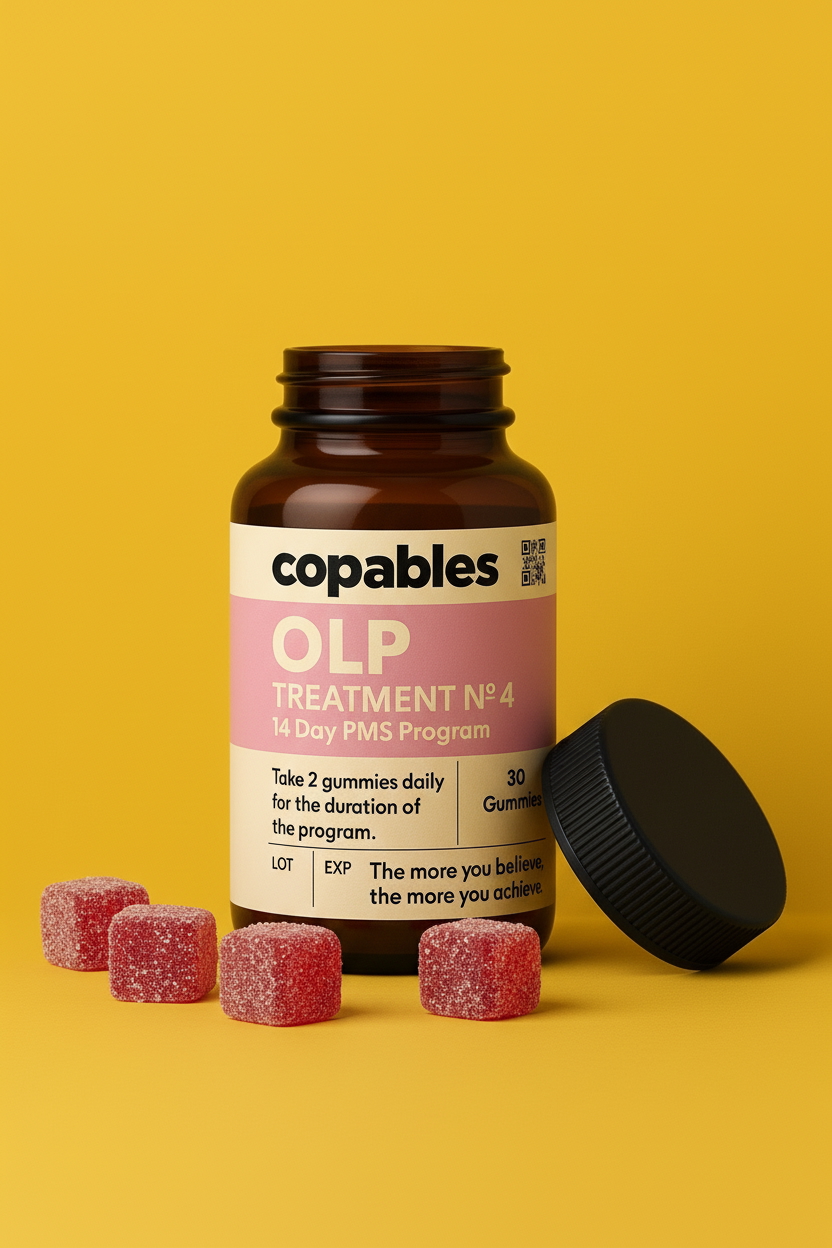
.jpg)
.jpg)
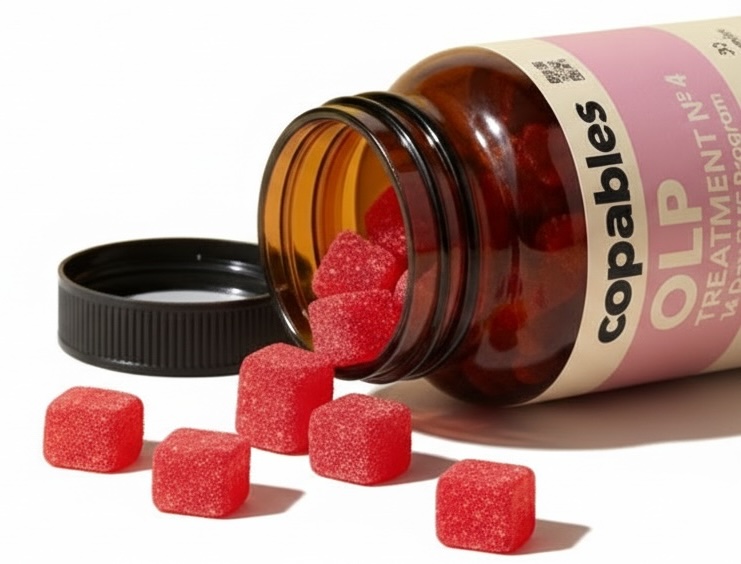








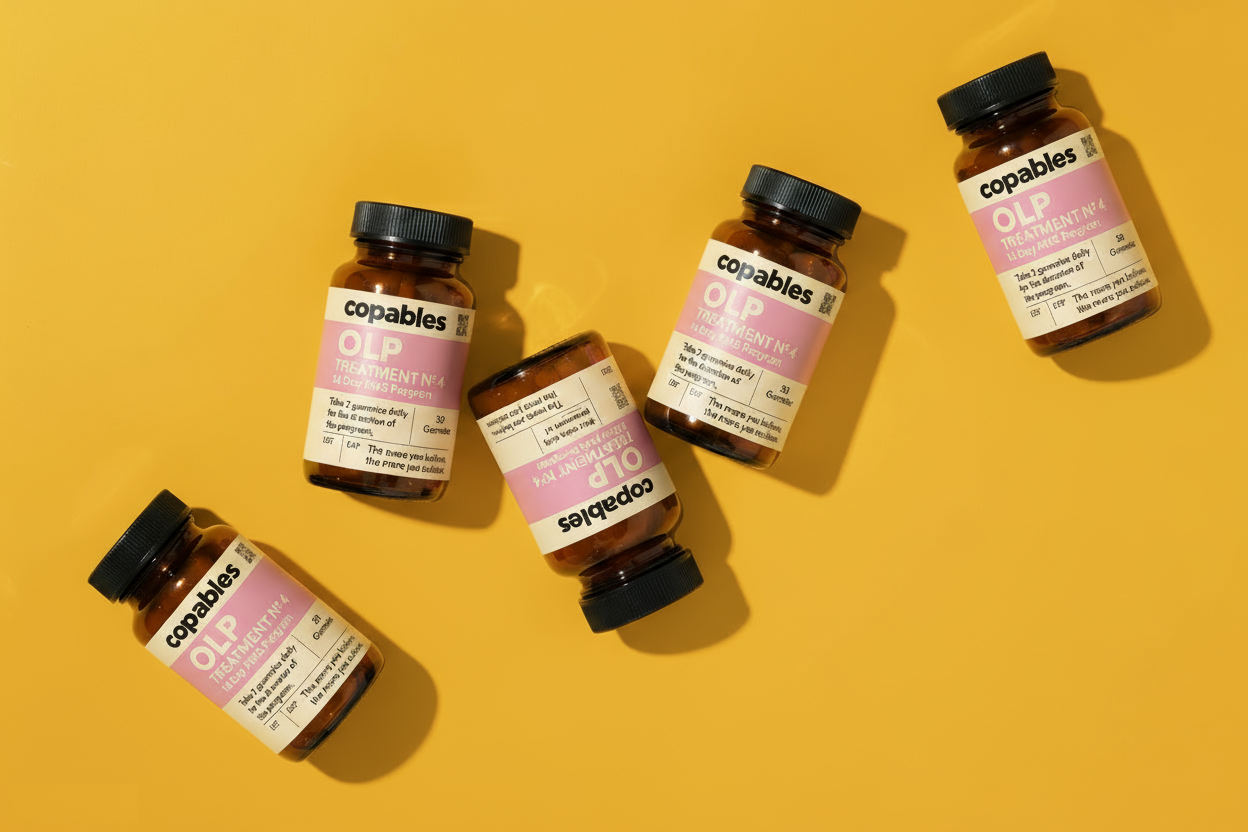
.jpg)